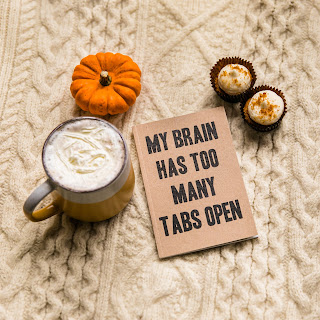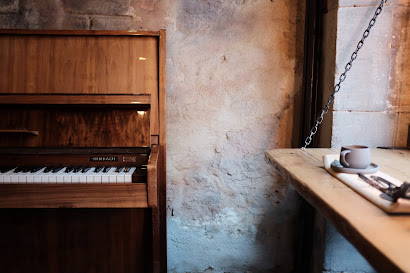With the passage of years, I don't find memorization more difficult, but....different. When I was a teenager, I had a near-perfect visual memory and could memorize pieces just by mentally looking at the score when I played without the music. Until I had catastrophic memory slips in recital, that is. Then I learned to listen, to develop tactile memory, to understand what was going on in the form of the work, and to feel my way through the piece as well. Every five years or so I need to completely revamp the way I memorize.
Angela Hewitt's article on memory in the Guardian looks at her own experiences with memory and how it has created a richness in her music-making, in spite of the continual risk:
Memory is a subject we don’t like to talk about – like sex, love and religious beliefs – most likely because we are afraid of losing it. It takes courage to admit even to yourself that your memory is failing. Often friends or family notice it first. We shouldn’t feel ashamed, but rather embrace this normal sign of ageing and then do all we can to keep our brains alive. It upsets me when I can’t remember where I’ve put my boarding pass, as happened this morning at Heathrow (only to find it in the outside compartment of my bag, where I must have put it five minutes previously); when I can’t remember if I’ve taken my daily HRT lozenge (now there’s something that helps older women with memory!); and when I make the same mistake over and over again when learning a new piece.
Angela's remake on how to think ahead and multitask in memory work are elements worth considering, as is the tendency of older pianists to play slower, perhaps because of the slower processing speed of the aging brain. My adult students will be glad to hear that.
(Via John Mac Master)
(Photo courtesy of That's Her Business on Unsplash)
More about memorization:






